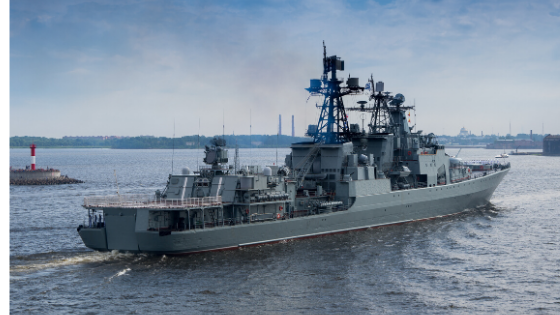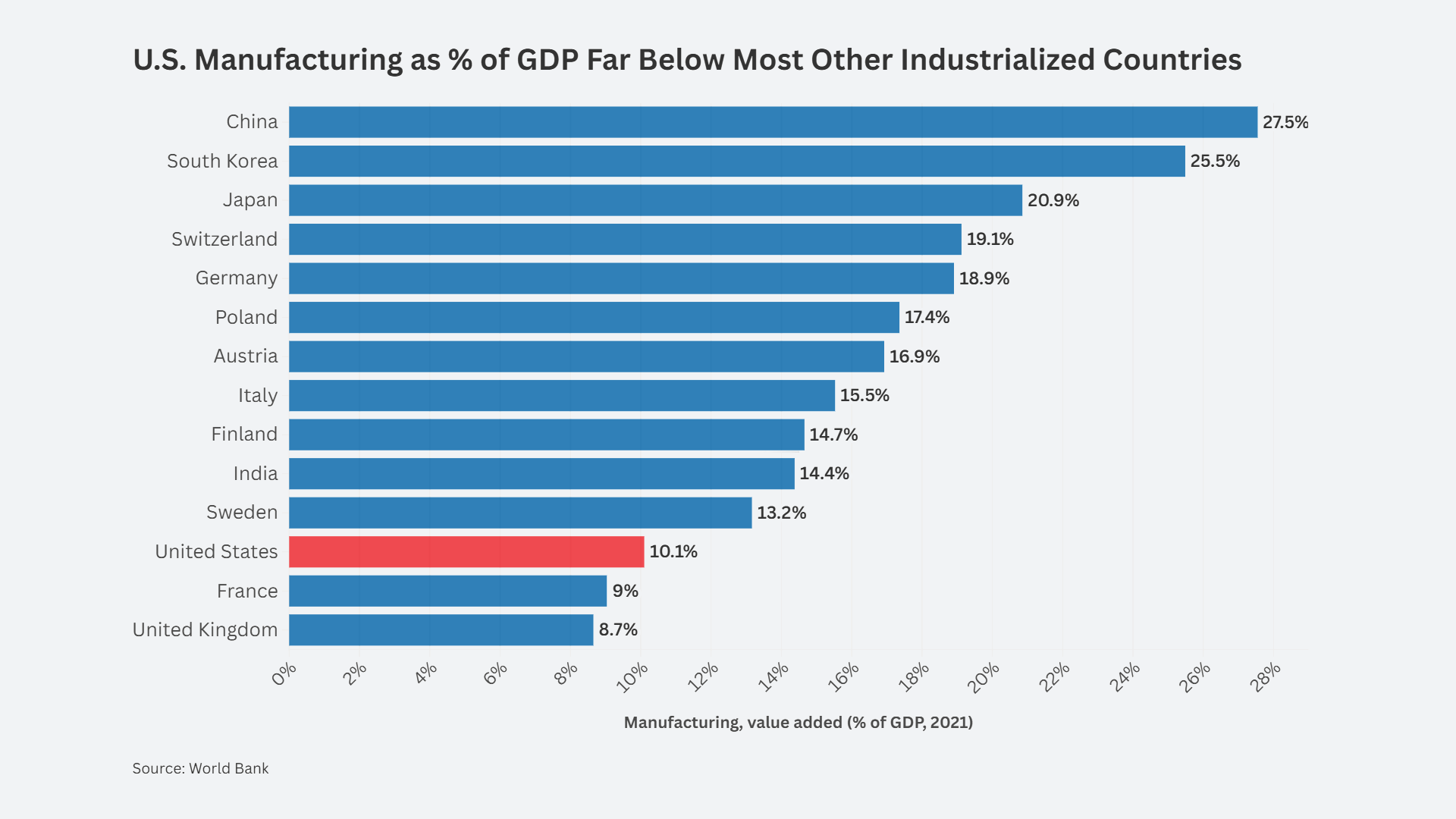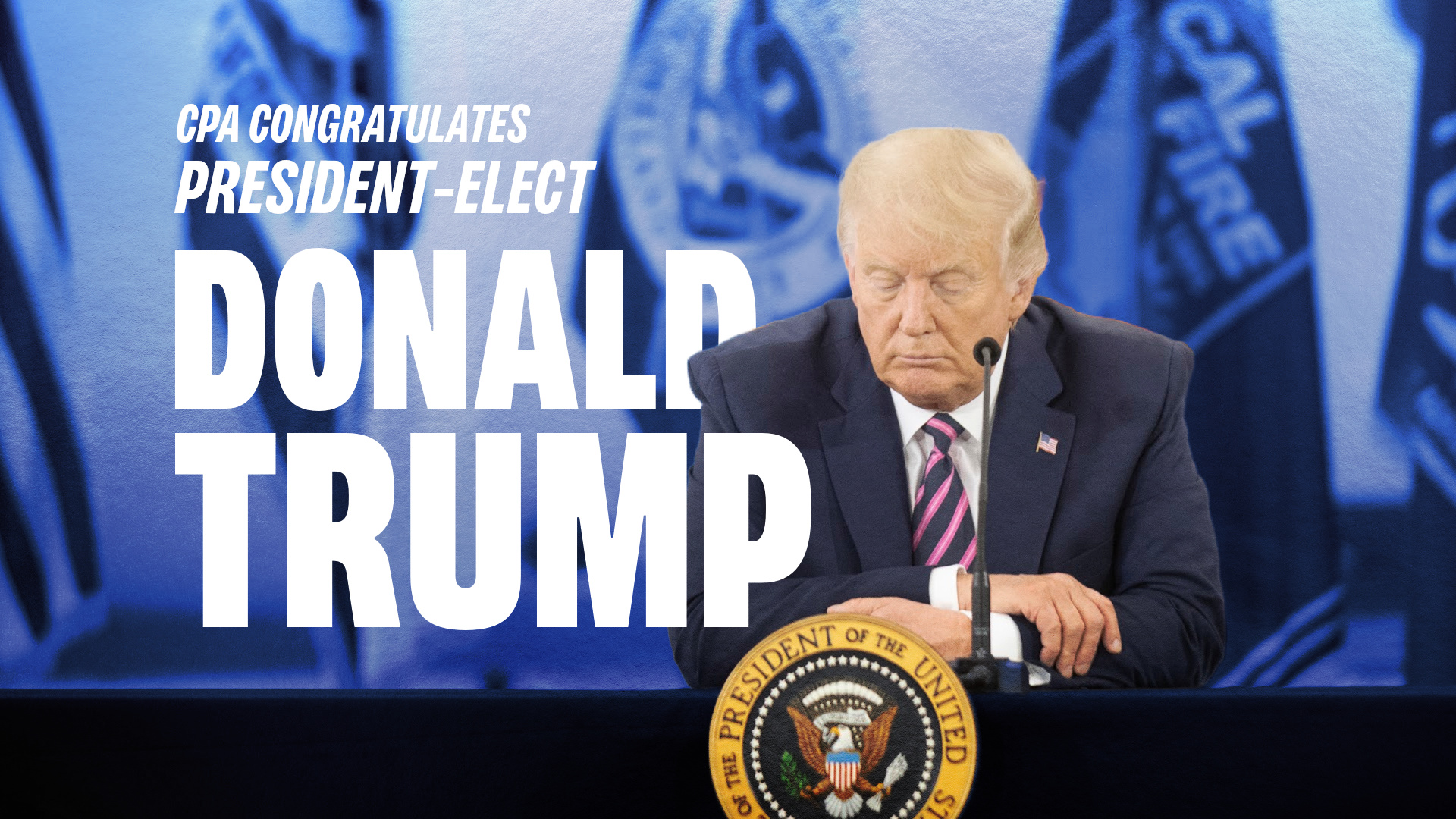Editor’s note: China decoupling needs to happen.
Richard Spencer says America is at risk of relying on China and Russia for warship parts
[November 5, 2019 | Financial Times]
The US navy secretary has warned that the “fragile” American supply chain for military warships means the Pentagon is at risk of having to rely on adversaries such as Russia and China for critical components.
Richard Spencer, the US navy’s top civilian, told the Financial Times he had ordered a review this year that found many contractors were reliant on single suppliers for certain high-tech and high-precision parts, increasing the likelihood they would have to be procured from geostrategic rivals.
Mr Spencer said the US was engaged in “great power competition” with other global rivals and that several of them — “primarily Russia and China” — were “all of a sudden in your supply chain, [which is] not to the best interests of what you’re doing” through military procurement.
He said he was particularly concerned about China, saying he believed Beijing was trying to “weaponise capital” through its Belt and Road Initiative. He accused Beijing of offering developing countries “loan to own” debt that they could not pay back in order to gain leverage over critical assets.
“You go to a country in need, you fill that need which they are grateful for, but at some point do they turn around and go: ‘You know what, everybody out, we’re going to use this now . . . the keys are mine’?” Mr Spencer said. “There’s nothing that prevents that.”
Mr Spencer became so concerned about China’s efforts to secure control of sensitive maritime assets that he confronted Italian shipbuilder Fincantieri, a finalist to build the US navy’s new frigate, after Rome decided to sign up to Belt and Road this year.
“We did have a very open conversation with the executive management of Fincantieri saying: ‘Show me the firewalls’,” he said. “Fincantieri is not a government-controlled entity . . . but if it’s sitting in a country that has just signed up to Belt and Road, we had to go out and ask and we had to go out and see.” Mr Spencer said he was ultimately satisfied by the controls Fincantieri had in place, and the Italian shipbuilder remained a candidate to build the frigate.
Mr Spencer’s efforts to improve the domestic supply chain have been hampered by repeated government shutdowns and haphazard federal budgeting in recent years. This has undermined his ability to convince domestic suppliers that there will be a steady stream of business for them if they invest in building out their manufacturing capabilities.
“Right now, we’re sliding back into a [temporary budget extension], which is a bloody shame. A lot of the progress we made we’ll try to hold but it will not be without really concentrated effort,” he said.
In an effort to convince the private sector to invest in the US industrial base, Mr Spencer recently launched a “trusted capital” programme where he invited large private equity firms to bid on failing or non-existent supply needs in areas from ship maintenance to weapons manufacturing.
“I can’t guarantee business, and I can’t funnel business, but I can sit here and say: ‘Here’s my portfolio, folks,” he said. “You know: ‘Carlyle Group, would you like to come in and take a look at this and put together a team and possibly purchase an existing [supplier] or greenfield something?’”
Read the original article here.













